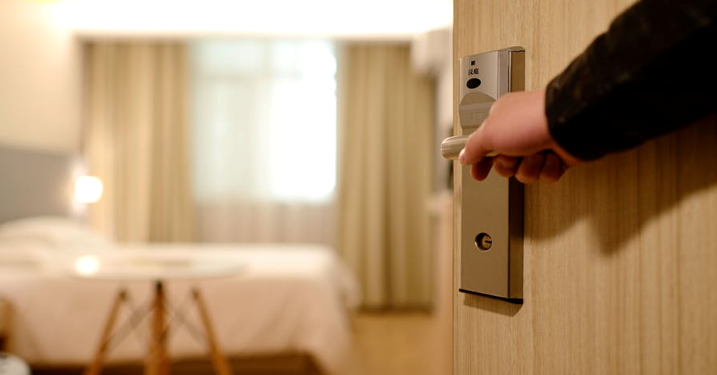People in the UK are now living longer than ever, but with older age comes more strain on public healthcare so let’s forget buy-to-let for a moment, could investing in care homes be your new ticket to an easier retirement?
As buy-to-let continues to look increasingly grim due to new landlord tax rules, you may be on the lookout for something a bit different. Today we explore the idea of care home investments as the latest alternative
What are care home room investments?
Similar to hotel room investments, care home investments offer a taste of care home profits, without the huge upfront cost or hassle of running such an operation on your own.
As care homes are commercial assets there’s also no stamp duty tax to pay below £150,000 and the returns can be as high as 10% per year.
They could also be purchased under a pension such as a SIPP or a SSAS, see our article property investing with your pension to learn more about that.
Sound interesting? Here’s how a typical investment might work:
- Buy a room in a care home for about £60,000 with title deeds
- The room is leased back to the care home, who rent it out to their residents and manage it for you
- You get a fixed rent from the room minus expenses, which is usually paid monthly or quarterly
- The deal may also offer an option to buy your room back at a date in the future providing an exit strategy – more on this later
Do care home rooms make a good investment?
I’ve seen many care home investments around over the last year – in 2017 alone investors put £1.32 billion into UK healthcare real estate reported Knight Frank
But how do you know which ones are worth looking at?
According to Savills, good quality care homes with modern facilities are likely to have full or near full occupancy
What I personally like about the care home industry though is how it’s regulated by the Care Quality Commission, which means you can check the quality of a care home very easily online.
While some care home investments specialise in niche areas of care, such as those with Alzheimers, they all have a few perks over buy-to-let.
Why? Apart from the higher returns and tax savings, care for many residents is funded by the government. This can be very attractive if you’re looking for stable a source of income.
What is the outlook for care home investments in the UK?
In the early 1900’s you’d be considered above average if you made it past 48 years old.
Today with advances in medicine, we’re living longer than ever – in fact that number has nearly doubled to 82 years old for a women, and 79 for a man.
Sadly the older we get, the more care we need to deal with…well old age
As a result the UK is suffering from a social housing crisis – there just aren’t enough rooms to fill demand.
According to analysis by LEK, the UK needs 200,000 care home beds over the next 10 years which is 45% of current capacity.
It’s a serious issue with the UK government committing £3.8 billion, so it’s no wonder private operators are moving in to fill the gap.
Private care homes also charge higher fees, often seeing increases of 5-6% per year in order to cover rising costs and wages which could offer you great protection against rising inflation.
How safe are care home investments?
If you’re buying new then checking out the builder and what protection is in place to cover deposits would be high up on the agenda.
However some companies buy up existing care homes that are underperforming due to poor management, or lack of modern facilities.
By refurbishing and installing better management these can in theory be obtained at low prices and turned around to make higher profits.
That said, checking the valuation, track history of management and investigating local demand for care will be key to success.
What about an exit strategy?
Although online resales of care home investments are rising, a care home room is considered a long term investment and not something you can sell at a moment’s notice.
A lot of deals may offer buy backs, but this offer is only as good as the business behind it.
Therefore a good analysis of the business is crucial, as you’d not only be buying a piece of real estate, but also into the underlying business model too.
Overall if chosen well, care home investments can offer another string to the property investors bow.
The stability of income paid by government funding is hard to turn your nose up at, and you could also be helping to supply care to the many who need it.
Plus, unless we all turn into robots in the near future, the demand can only continue to rise…




